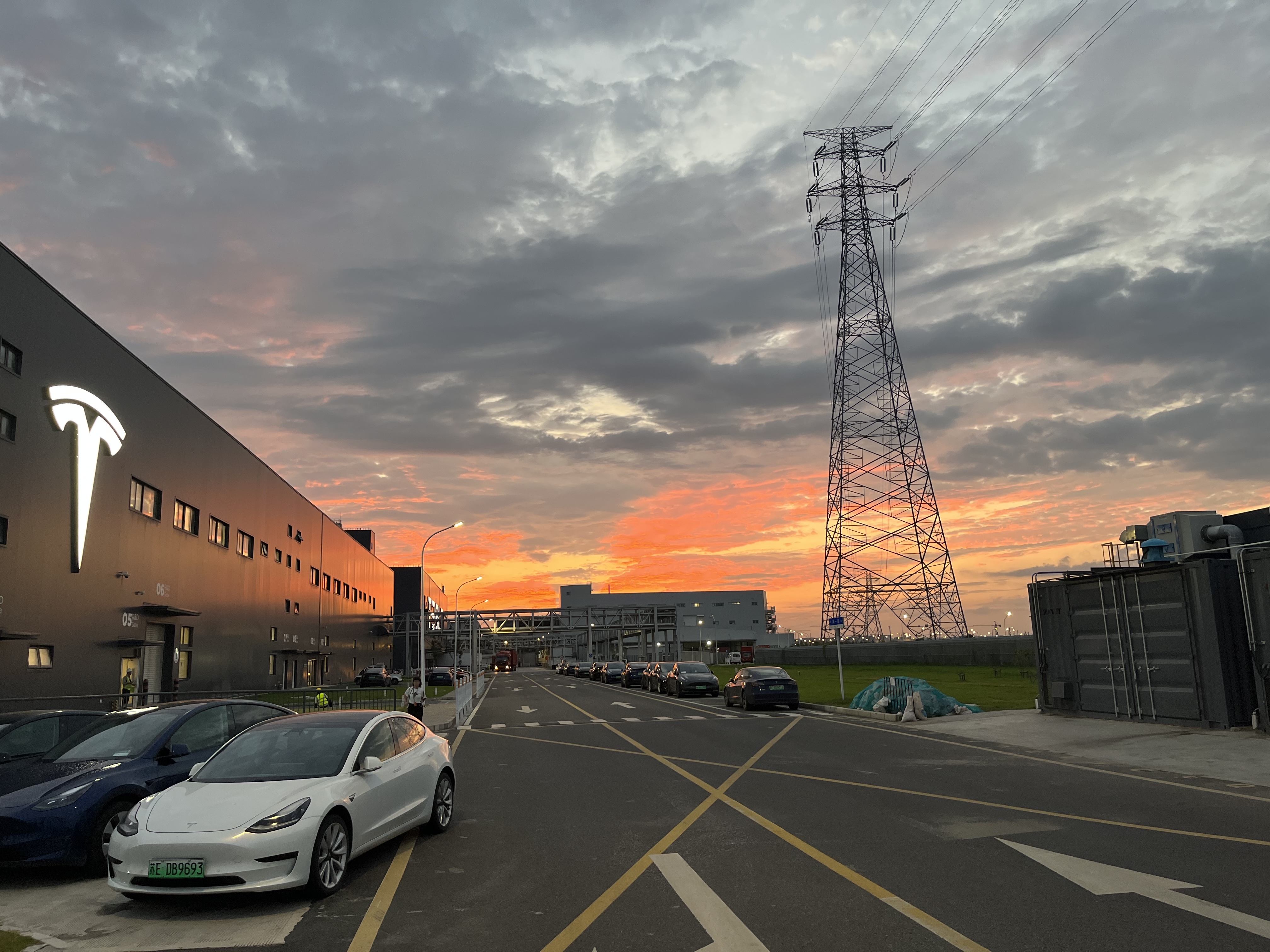Hi everyone and hope you’re all well. I’m Chinese and I’ve spent the past 30 years of my life in China. During this time, I’ve witnessed incredible changes that have taken place in the country. Having also traveled to many other countries, I’ve noticed that there can be a disconnect between the international media’s portrayal of China and the actual experiences of people living here.
In this post, I invite all of you to ask anything about China—whether it’s about daily life, culture, societal changes, challenges, or the negitive/positive transformations I’ve seen. I’m just an ordinary citizen, but I’m here to share my observations and experiences in the most honest and unbiased way possible.
Feel free to leave your questions in the comments, and I’ll do my best to provide insights into the real China as I’ve come to know it.
What is the opinion of the Chinese public with regards to India?

homemade panipuris during the Shanghai lock down last year
Haha very nice. Have you tried any chaats? Samosa chaat is my favourite North Indian snack.
is that the fried triangle? I’m loving it!!! so many spice in it. ( if it’s not, then sorry, for it’s a hard time for me to map the food with their names. LOL.
Yes it is lol
In big cities like Beijing, Shanghai, Guangzhou, and Shenzhen, I believe that around 80% of the younger generation might be familiar with panipuris, if you show the pics of it, they’ll say “oh i know it”. CN ppl call it “the Indian Crispy Ball”. It has gained significant popularity in China, following TikTok and live streaming shows. around 30% of them might have even tasted it. (I work in an international company and the number shall be even higher)
As for chaats, the familiarity might be about half of that for panipuris.
lemme find you a chinese Indian restaurant manu later. lol.
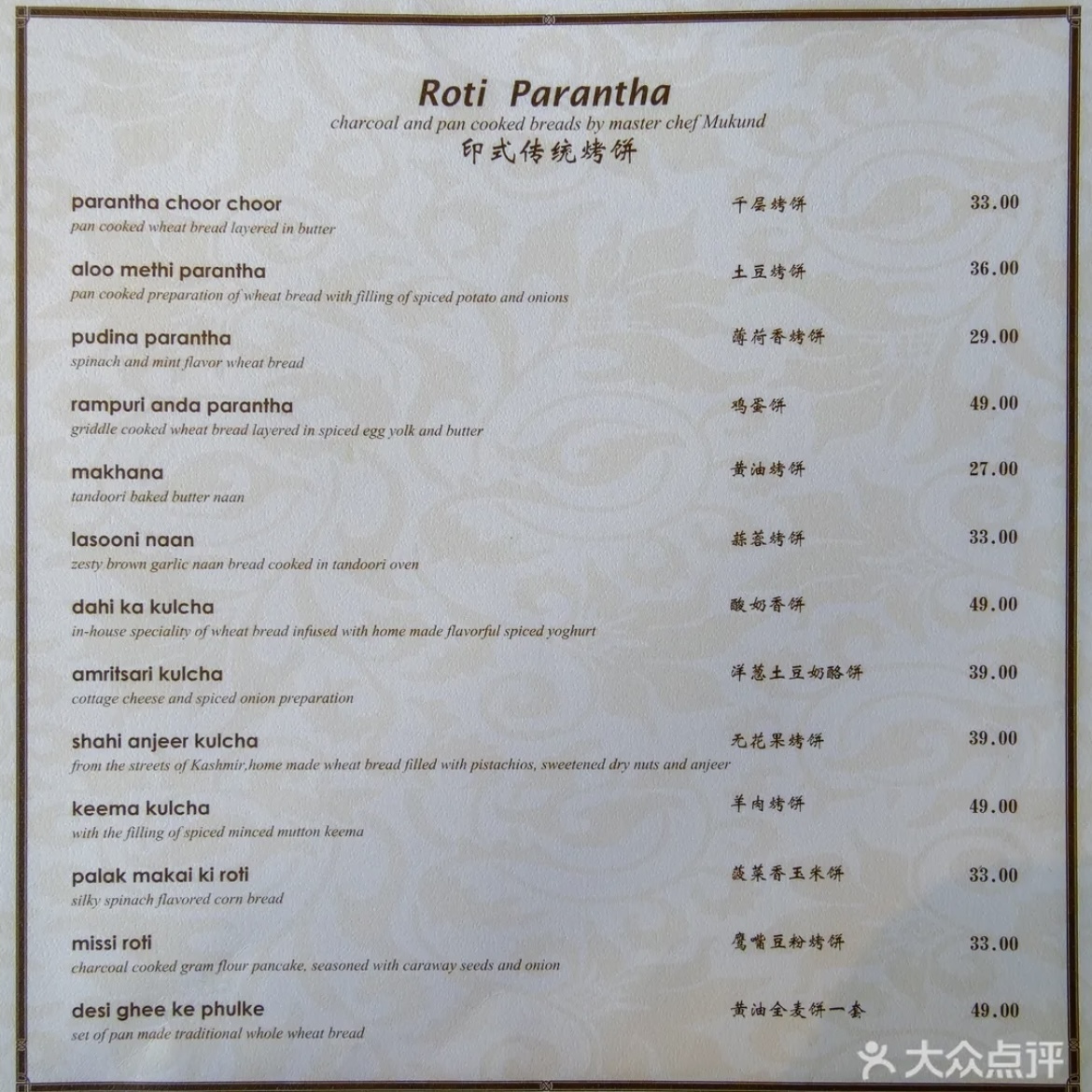
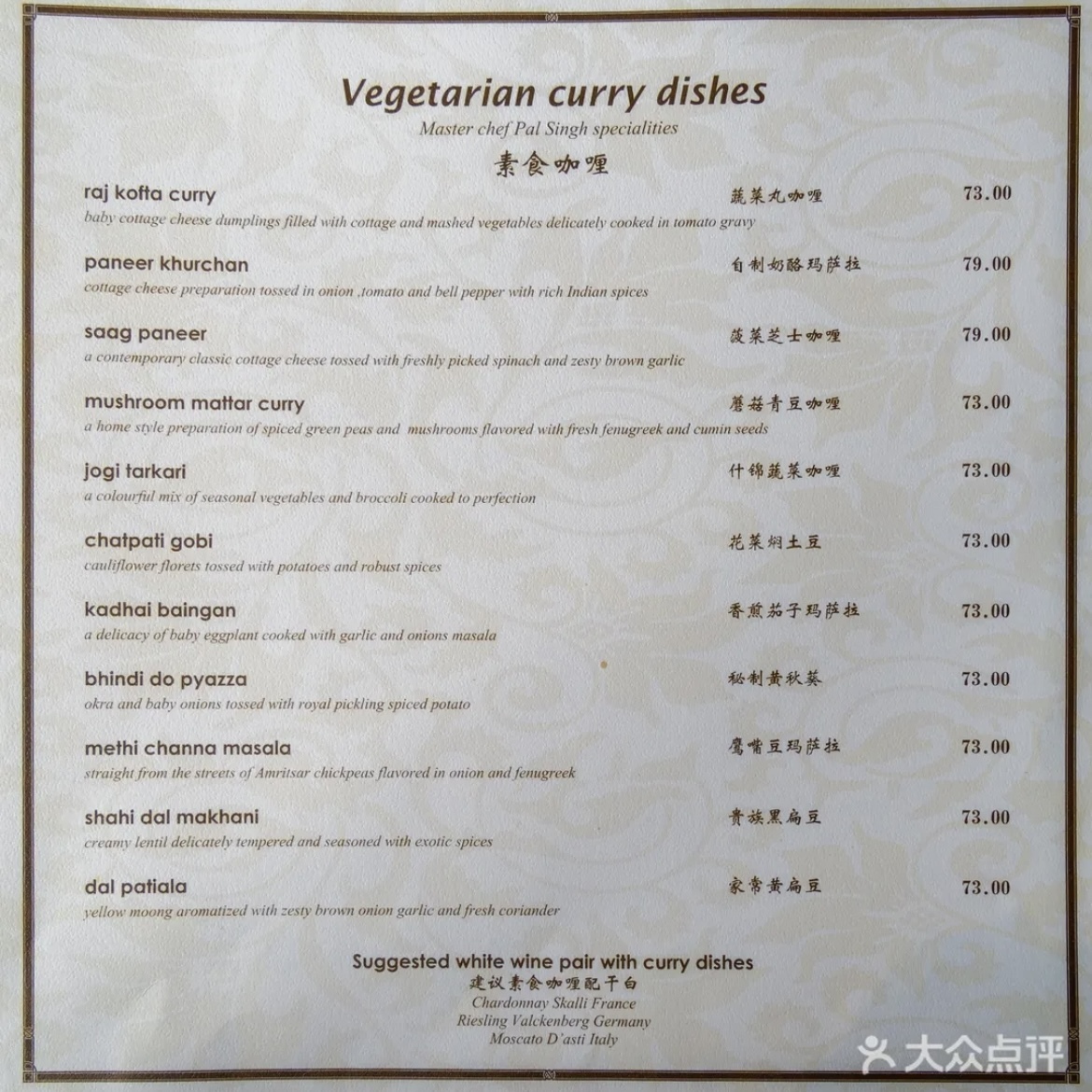
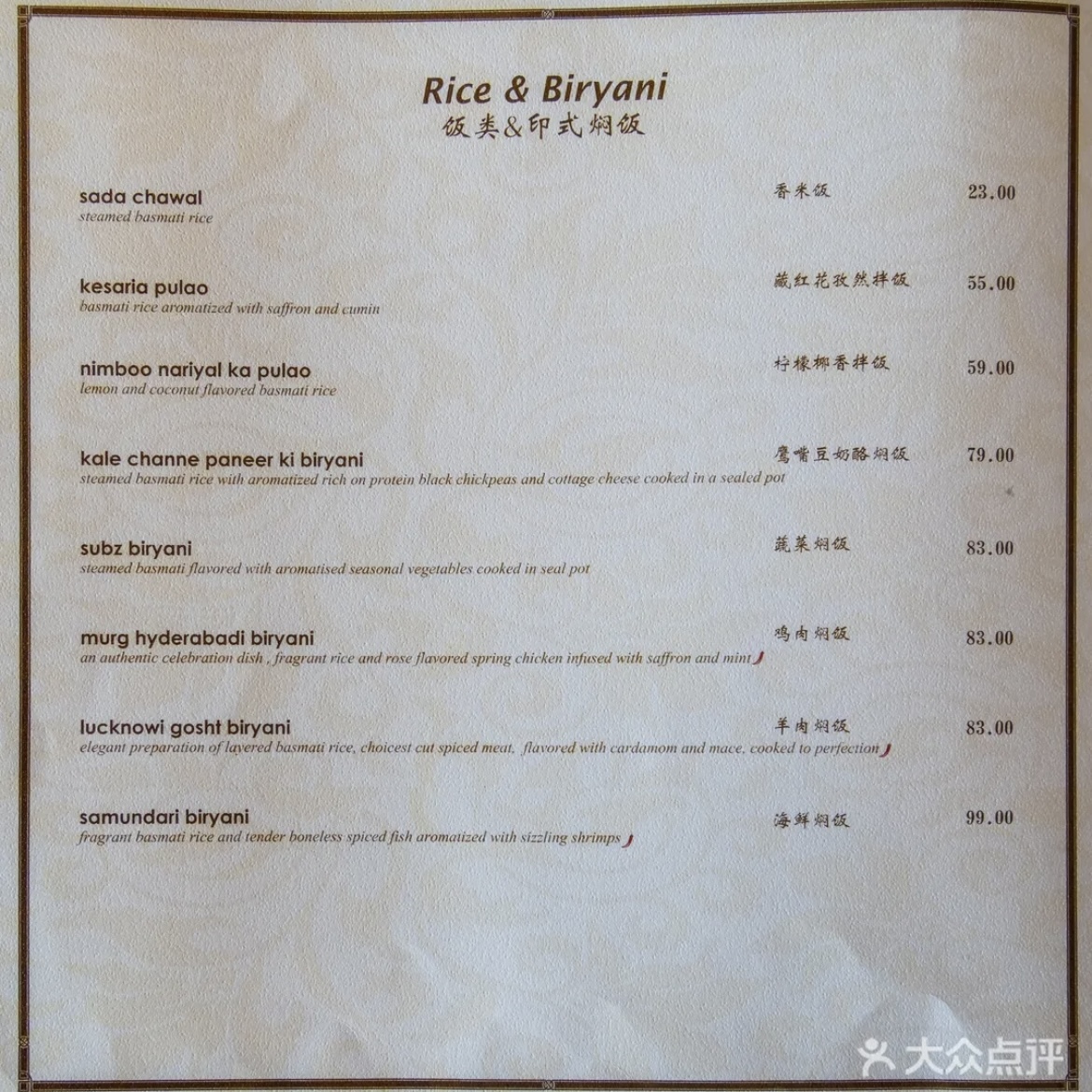
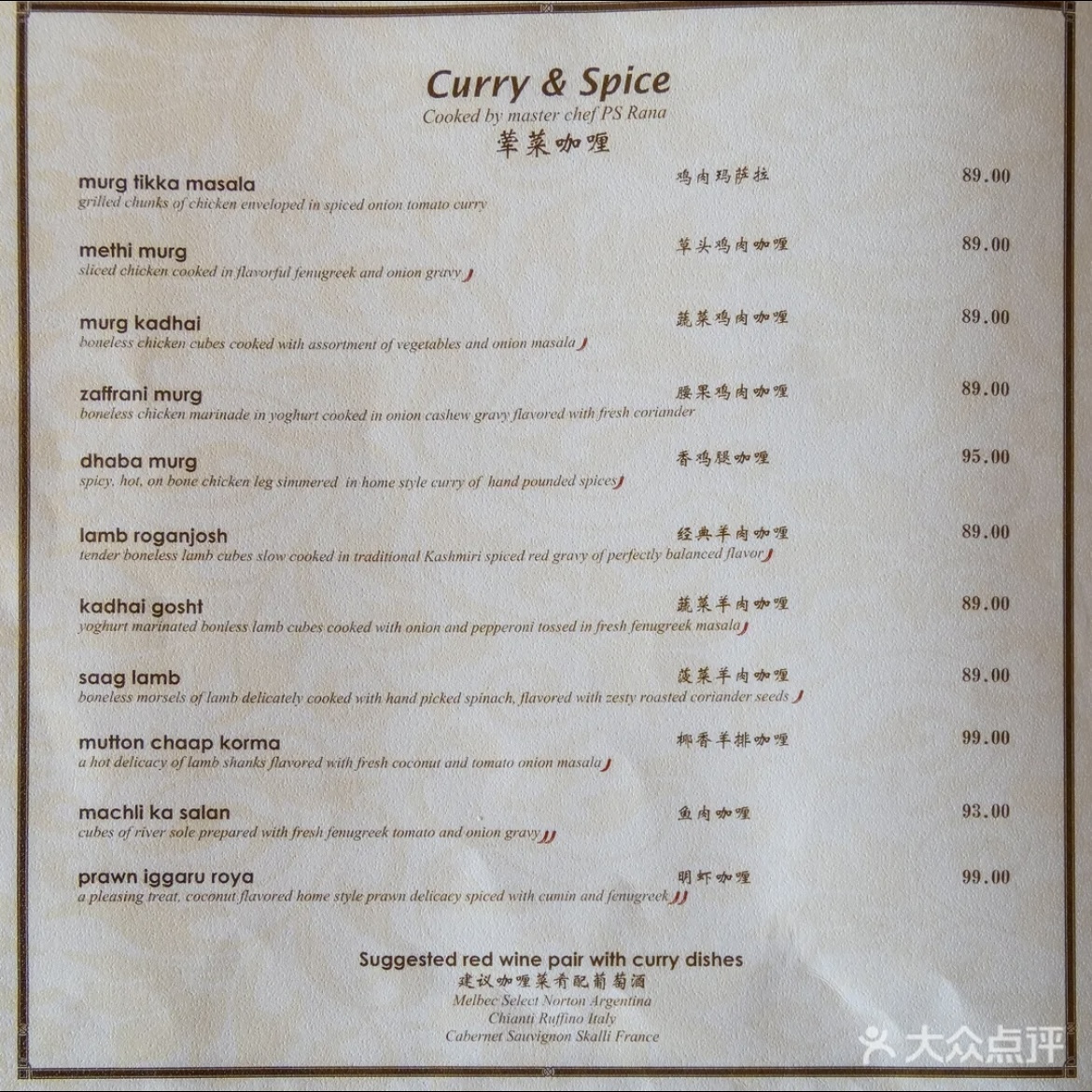
LOL
Wow, even I don’t recognise some of those. It mostly looks like North Indian Cuisine (I am from the south)
I know Bangalore for north, the city of high-tech in india
niceee, good to know. there are a lot of Indian restaurants in China, and we have no way to distinguish what kind of Indian cuisine they are.
This is a really insightful question, and I’ve discussed it with one of my Indian friends before. It’s a bit complex, so I’ll elaborate a bit more.
Around 3 years ago, people in China were really friendly and held a highly positive opinion of India. This was mainly because they perceived India as another Asian country with which China shared numerous cultural similarities, like Buddhism. We introduced a lot of Bollywood movies (the former Chairman Jiang was a big fan of arts/movies/music, and I believe China had a strong fanbase for Aamir Khan). Additionally, Indian food restaurants were all over places like Beijing, Shanghai, and Guangzhou, and they’re still around today.
Things took a little turn when China and India had a conflict at the border I think. I still recall that during that period, a lot of social media in China were promoting narratives that described China as the victim and propagated the idea that we wouldn’t take action until a certain point. Over the span of around 2-3 months, about 30% of the people (mostly ordinary citizens) became more aggressive towards India. Another 30% remained skeptical of the Chinese media’s narratives, and 40% remained relatively indifferent. Also I think economic interactions between China and India also decreased significantly after the Modi government.
At present, I sense a restoration of normalcy. However, due to a more constrained atmosphere in China (I’m sure you understand what I’m referring to, the political climate has influenced various aspects—like the reduced import of foreign films), India has gradually receded from the public’s attention. This might also be attributed to the decline in trade with India (my assumption).
In general, most CN people view India as the same large country with a population similar to China and Indians are perceived as skilled in programming, with many holding high positions in the Bay Area. Politically, many CN ppl don;t like the Modi government (many CN ppl dont like the current CN governmet as well).
In personal, I like Indian ppl. Given our shared cultural elements, during our time in the US, while others would split bills, we’d like more to take turns covering expenses. We can have rice every meal and share dishes that many Americans wouldn;t even want to try.
I think I have typed quite a bit and hope it covers things you’re interested. One thing I need to mention is that CN ppl are more knowledgeable to India than you might imagine, let me find my photo of making panipuris and I’ll upload it here sooner.
Thank you for the detailed answer. I have some more questions which I will ask after work 😄.
np np, feel free to ask anything.
Here in India too it is the same. People used to have good opinion on China until the border conflict. Modi is not very popular either outside of the biggest states in the North. Before the Indian startup scene got the attention of North American and et al VC’s we had Chinese investors. Some Big names like Paytm were initially Chinese funded iirc. Now it is hard for Chinese investors as well as Chinese companies to invest in India. The only one that has found moderate success seem to be the Mobile Phone companies like Xiaomi. The Automobile companies especially seem to be having a hard time.
sad to know it. Those governors&medias did not do good things. Also I admit that the current CN government does have some issues… a lot ppl may not like it. Many of us think it may be the US and CN problem that affects the relationship for CN and India as well. We really don;t know why nowadays a lot public medias just let ppl hate each others. ;(
My wife will be staying in central Beijing for 5 days. What apps is she going to want to have in order to get around and communicate with us back home? Normally when we travel, we’d use Google Maps to get around, and Line or Signal to communicate. She’s planning on getting a SIM for her phone to have Internet access. Also, I’ve heard people use Google Maps through a VPN and it helps alongside the Chinese maps. Are VPNs legal for tourists to use for this purpose?
Hi! getting a Chinese SIM card is a wise decision as roaming can be quite expensive. I’m sorry that both Line and Google Map require a VPN. However, you don’t need to worry. If your wide has a VPN, she can use them. CN takes action only against the public sale of VPNs or their use for illegal activities, but there’s no problem with individuals using VPNs to browse Google or other apps. (Otherwise, what would Chinese developers do, haha!)
I was born and raised in Beijing, and even though I work in Shanghai now, I’m still familiar with Beijing. Feel free to leave msg if you or your wife have any questions. (If she’s planning to visit the Forbidden City, make sure to book tickets online in advance. For navigation, she can use Gaode Map in China, it is developed by Alibaba. For finding good food, she can download DaZhongDianping, which is China’s Yelp.)
Thanks for the great advice and info. She has native level English and Japanese and the Japanese really helps sometimes. Like with 薬, 道路, 産業, 食品, 酒店. We don’t know how to say it, but we get the meaning. I’m American, BTW, not Japanese. We downloaded Baidu Maps and were able to use it pretty well despite no English and pretty bad coverage where we live. I just tried Gaode Map and they have zero coverage here at all, so I can’t test it, but it looks pretty intuitive. I found 大众点评, but haven’t registered yet.
I’m told WeChat is the app to use to communicate between China and Japan, but I suppose if she can use the VPN, we can continue to use Line and Signal.
I will make sure she gets the Forbidden City tickets in advance. Thanks.
haha nice, for you got the name Osaka. I’m really sorry, that;s racist for me to think you as JP. Gaode should have English version and it’s good for China, no worries on that.
If she got a native English level, then totally don;t need to worry about the tour in Beijing. For communications, wechat is the most widely used Chinese chat app and we also do all payments or make orders in restaurant with wechat (your wife will tell you how Chinese are doing that when she get back. LOL.). VPN is ok for individual usage, just feel free for that. sometimes the VPN network may not be that good, and definitely you can reach her by texting messages. Forbidden City tickets here: https://intl.dpm.org.cn/ticket_details.html, need to be prebooked, she can use the passport.
can you ask her what types of food she would like to try? and how many ppl for a table? which areas or district she may stay in Beijing? I can list some recommendations with map locations for restaurants (i’ll post that in real chinese food community) that local ppl go to, so she wont experience those fake ones for foreigners only.
Would it be correct to describe China as a country whose extended goal is Communism, but decided that a mixed economy is better suited to the current times, but plans to eventually eliminate the capitalist elements that have been adopted and continue to pursue Communism?
It’s really a good question. (I’m really impressed you asked that, seems you are an expert for Chinese history/politics). I’m just a normal guy, so I may only answer it from my view.
When we were young at school, we were told that as you described in the post. China decided to do mixed economy to develop and adapt to the world, but our goal is still communism. This is an ideal dream for the previous leaders of China, we all admire them, like Deng XiaoPing (Tough he was tough on some certain aspects). We call it the “Reform and Opening-up” (Since 1978).
Nowadays, people are still arguing whether this idea was good and whether China still has its initial dream to become a communism country, for some ppl in China believe the reform has failed because china has turned to be a total capitalism country inside like the western world.
But from my life experience, with the mixed economy idea, china developed so so fast, when ppl thought that we should put economy to the first instead of the political system during 1980(1978 is the exact year) to 2018. not only economy, but also arts/humanism/technologies.
However, things changed in the recent 5 years, with the covid destroyed the economy and Xi changed the Chinese constitution that he can be president forever (this is a huge thing in china for us, for it changed the whole political atmosphere, we all feel sad), and we don’t know why the current government becomes aggressive and has a lot conflicts with other countries. In this situation, China is not as energetic as it used to be. Many ppl think China has reached a crucial crossroads in its destiny now.
Thanks for the thoughtful and open reply. It sounds like it is at a crossroads. The wealth of the elite of capitalism is very tempting and has a strong pull. Even if they are now fully capitalist, the values of Communism still appear to exist in China. I think when AI and automation become capable of taking a large portion of jobs away, China is poised to react to that better than is the US. To keep money moving through the economy when ??% of people have no job, when Americans are shown the solutions, they’ll scream, “No, that’s socialism!” We’ll see.
yup. Still there are a certain amount of ppl still hold the communism dream, this conflict even appears inside the CCP. Many ppl just regard China as an one political party country, but inside the CCP, there are many divergent factions.
AI also is developing fast in China and you’re correct, nowadays, all Chinese state-owned enterprises and central enterprises are facing the same issues as US. but chinese companies decided not to do layoffs, but reducing the salaries of each individual where everyone still has a job as a response to this impact.
Really thanks for mentioning that, I forgot to say that although the economy has turning to capitalism, many state-owned companies still have an organization and operation as socialism. China describes it as “Socialism with Chinese Characteristics”, that every Chinese student must learn.
reducing the salaries of each individual where everyone still has a job as a response to this impact
I wonder how long they will accept that? Productivity, therefore profits have improved, while their standard of living goes down. Being happy that they still have a job at all will only last a limited time. They’re going to have to read up on their Marx.
yes, are you studying sociology or political science? You quickly got the main point. This approach also makes competition stronger, aiming for better pay or promotions to make sure the living standards don’t go down. In China, some voices are starting to say this. They believe that this no lay-off practice also goes against socialism. In this situation, we shouldn’t compete with your fellow workers, as they’re our comrades. The ones causing everyone to fight against each other and exploit everyone are the capitalists. We should come together and resist.
but traveling in china is still good. won’t worry about it, in Beijing a lot ppl can speak English and a certain amount of ppl can speak some Japanese.
I did not expect to find anyone who could speak Japanese. In Korea, for unfortunate reasons, with older people I could speak Japanese with them if their English was bad. I don’t expect to use Japanese outside of Japan, though, like I said, the kanji can be helpful in China.
